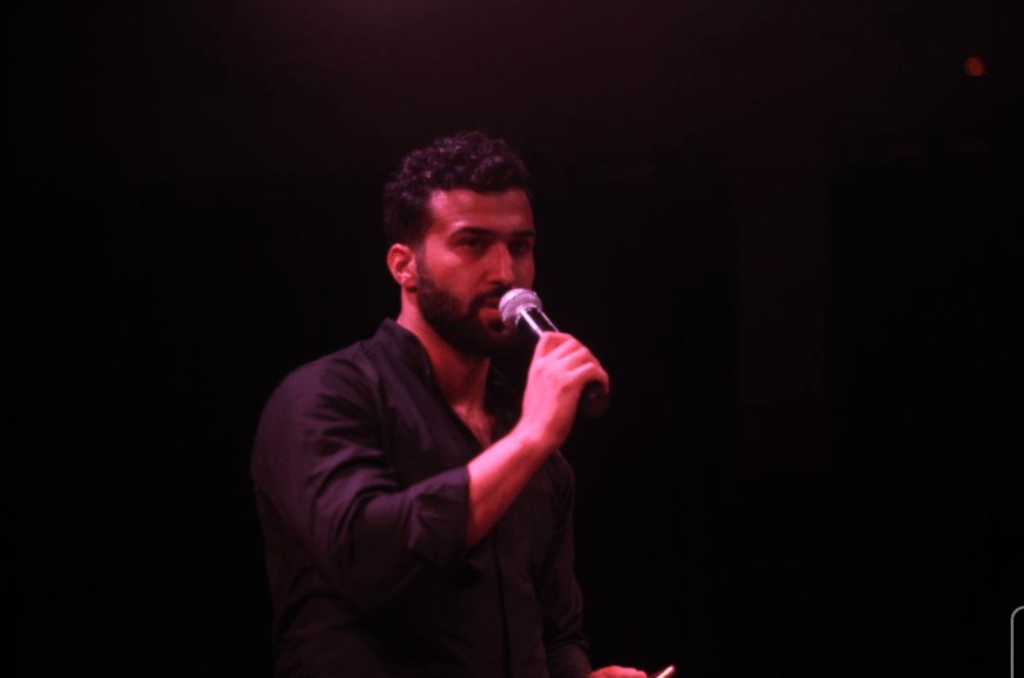
Anybody that’s studied in a mainstream UK school will have no doubt poured over their fair share of war poetry. Long afternoons analysing Wilfred Owen’s work probably caused a lot of people to veer away from poetry in adulthood. And that’s not to say that there’s anything wrong with those poems, in hindsight. But you catch my drift.
What pupils aren’t exposed to, though – and what they should be exposed to – is the war poetry of their lifetimes. And not only that – the war poetry of 2021. It’s difficult to fully absorb the horrors of a war that took place nearly 100 years before you were born. And a war that was fought in a world that looked drastically different – the human and civilian impact being almost impossible to relate to in modern terms.
It gives the impression that war was something that only happened a long, long time ago. To Englishmen in trenches, fighting Germans in black and white. The fact that I’m writing this only days after England and Germany went head-to-head in Euro 2021 means that I’m acutely aware of our country’s obsession with its “two world wars”.
Anyway, I digress. My point is that poetry can be a crucial way to gain empathy and insight. It gives you an opportunity to put yourself into somebody else’s shoes. To understand the human impact of conflict in today’s world. To even realise that there’s any conflict to try and understand.
The way that our media covers overseas events is insanely twisted. If there’s a natural disaster in Asia that kills a thousand people, the news outlets will say, “including three Britons”, like that’s what qualifies it as a tragedy.
And we’re conditioned to believe that missiles and explosions are just what happens in the Middle East, and that it’s nothing to do with us, and there’s nothing we could or should be doing about it.
Truth is, the media in general is hugely problematic, even for people who are willing to engage with modern-day conflicts. They’re always highly contentious, complex, and sensitive situations; being presented through one-sided narratives, on binary terms. So, how do we bypass that? In a word: poetry.
A few weeks back, I was extremely humbled to feature Mohammed Moussa as a guest poet on one of Nymphs & Thugs’ weekly Insta sessions. He joined me from an internet café in Gaza and shared some of his work with tears in his eyes. He was inspired to start writing poetry when his hometown was under siege in 2014.
The conditions that he describes – only three hours’ electricity per day, beloved landmarks being bombed to the ground, a constant date of terror and anxiety – were gobsmacking. The way that his poems provided razor-sharp insight into what daily life in Gaza is like was incredibly moving.
And not only that – in 2018 he formed the Gaza Poets Society. A collective of young writers from around the city who’d found solace in an ancient artform to try and stay afloat. They’d meet on the beach and share poems with one another. Gather at the Samir Mansour bookshop, which was reduced to rubble back in May.
Each of them with a harrowing and vital glimpse at this parallel universe that most people in the UK seem to completely ignore. Even though it’s happening right now, every day, and doesn’t show any signs of improving.
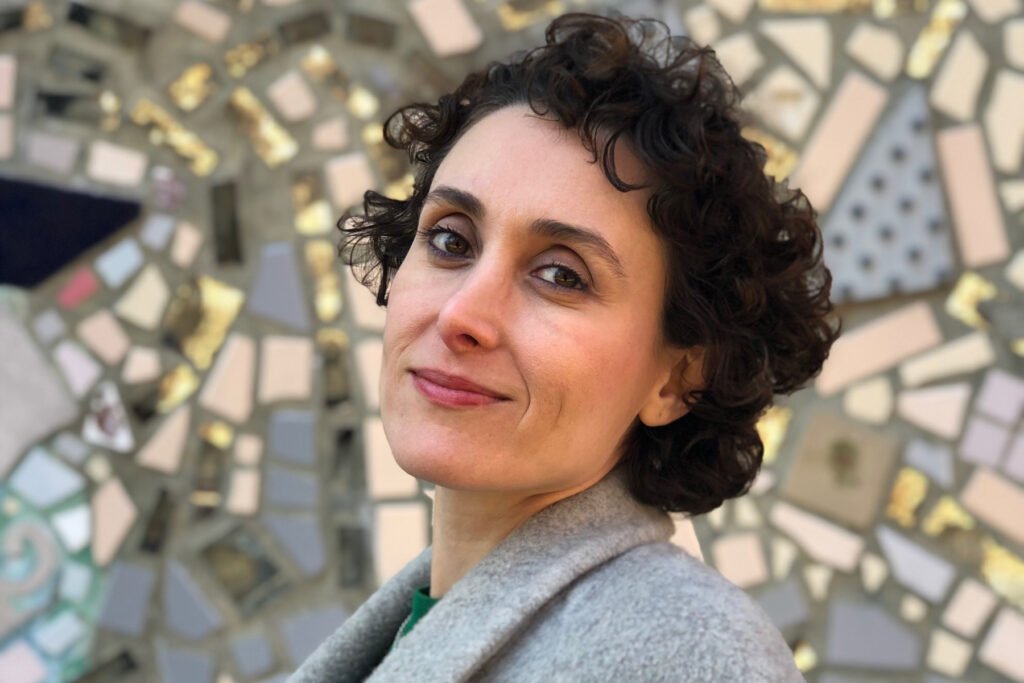
Libyan American poet Khaled Mattawa wrote ‘Now That We Have Tasted Hope’ during Libya’s 2011 uprising, and the poem continues to inspire hope a decade on. Rebel military coalitions are no longer fighting, but establishing lasting peace is still a tall order.
Persian poet Fatemeh Shams writes about contemporary political issues in Iran, including the impact of ongoing conflict. Syrian poet and refugee Amineh Abou Kerech won the UK’s Betjeman Poetry Prize in 2017 with ‘Lament for Syria’. Another Syrian refugee, Nidaa Aljabbarin ’22, has been using poetry to tell her story.
Poems by people currently living in war zones, or people who are refugees having fled these war zones, are arguably the most important type of poems for pupils to be studying in 2021. Sure, it’d need a major shake-up of the education system in terms of how often the poems in the anthology are updated and who’s responsible for selecting them. But that shake-up is long overdue anyway.
The way that we’re raised in the Western world leads us to be blinkered. Both in terms of current world affairs and in terms of our own country’s colonial past. And honestly – I know this is deluded and idealistic and will probably never happen – but if we were exposed to more poems from around the globe from an early age, I genuinely believe it’d make a difference.
Empathy and understanding are key if we’re ever going to overcome racism, xenophobia, and prejudice in general. And poetry could well be our best tool.
Matt Abbott is a poet, educator, and activist from Wakefield. His début one-man show ‘Two Little Ducks’ earned 5* reviews at Edinburgh Fringe 2017 and on a 2018 UK theatre tour. The show’s poems were published as his début collection by Verve Poetry Press in 2018.
Matt’s début kids’ poetry collection ‘A Hurricane in my Head’ was published by Bloomsbury in 2019. It was a selected title for National Poetry Day and features on Empathy Lab’s Read for Empathy Collection 2021.
He founded Nymphs & Thugs in 2015, fronts indie band Skint & Demoralised, co-presents Roaring 20s Radio on Soho Radio, and also works with Write Out Loud.
Filed under: Written & Spoken Word
Tagged with: conflict, education, Fatemeh Shams, Gaza, media, Middle East, Mohammed Moussa, news, poem, poetry, poets, war, warzone
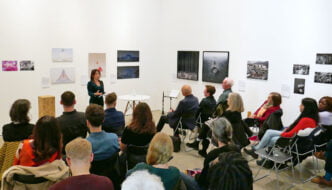
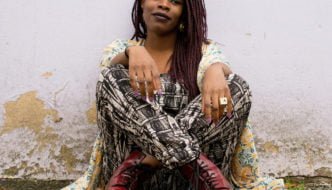
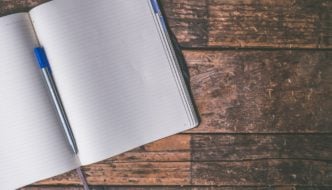
Comments